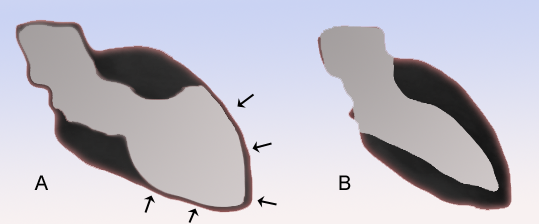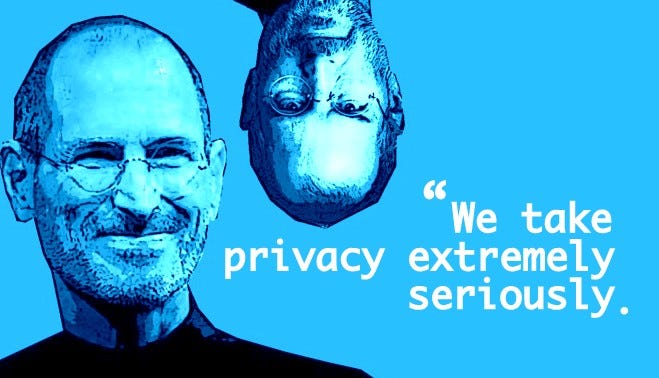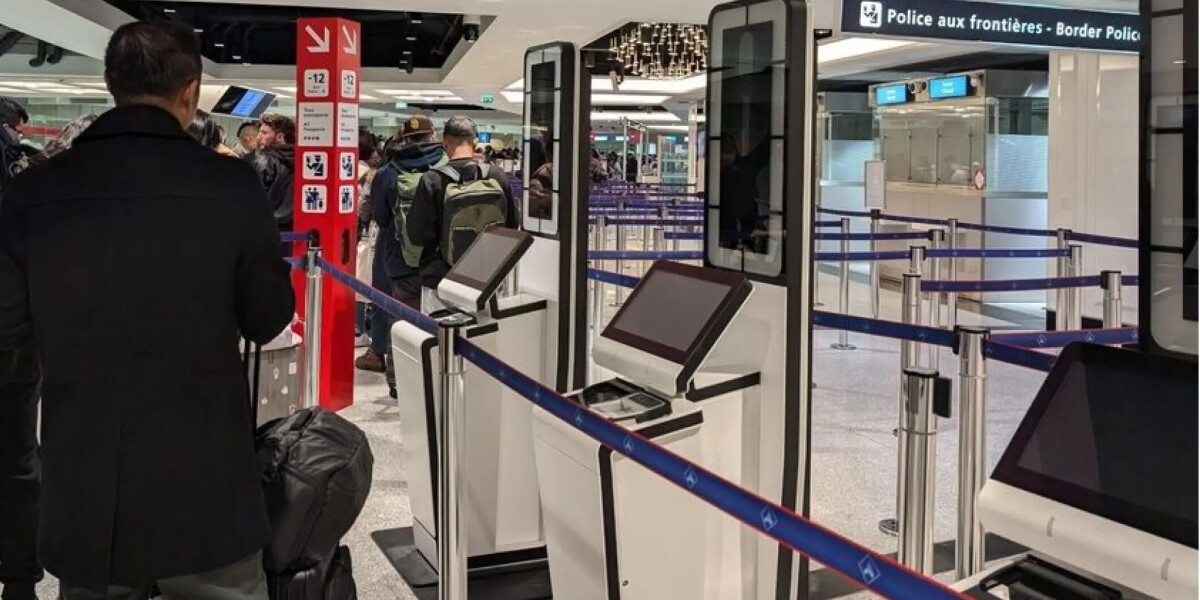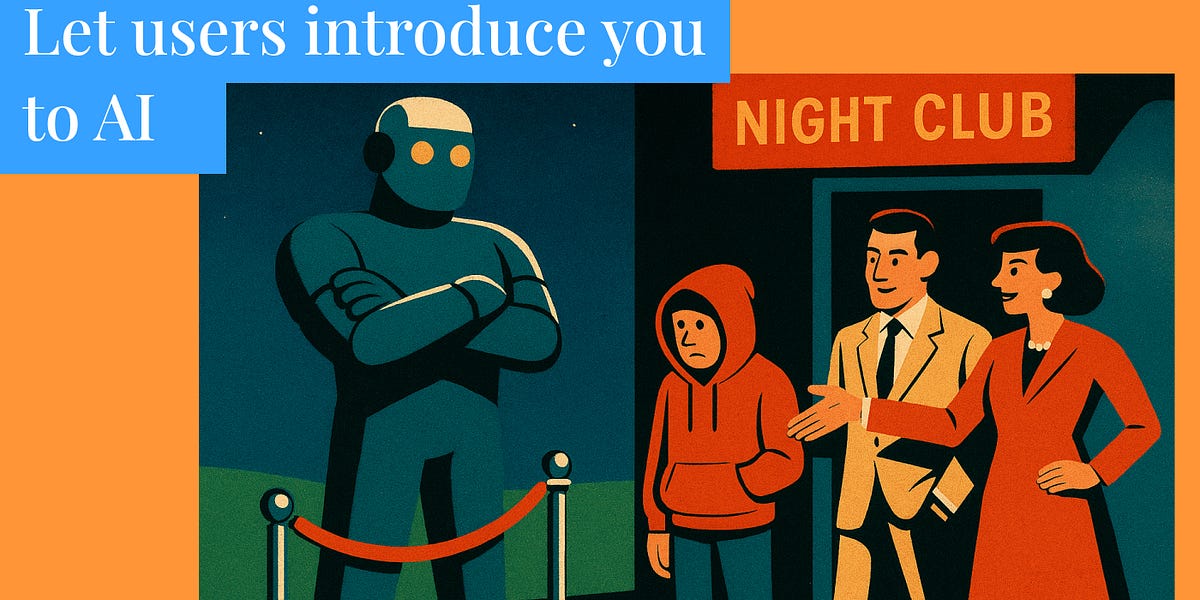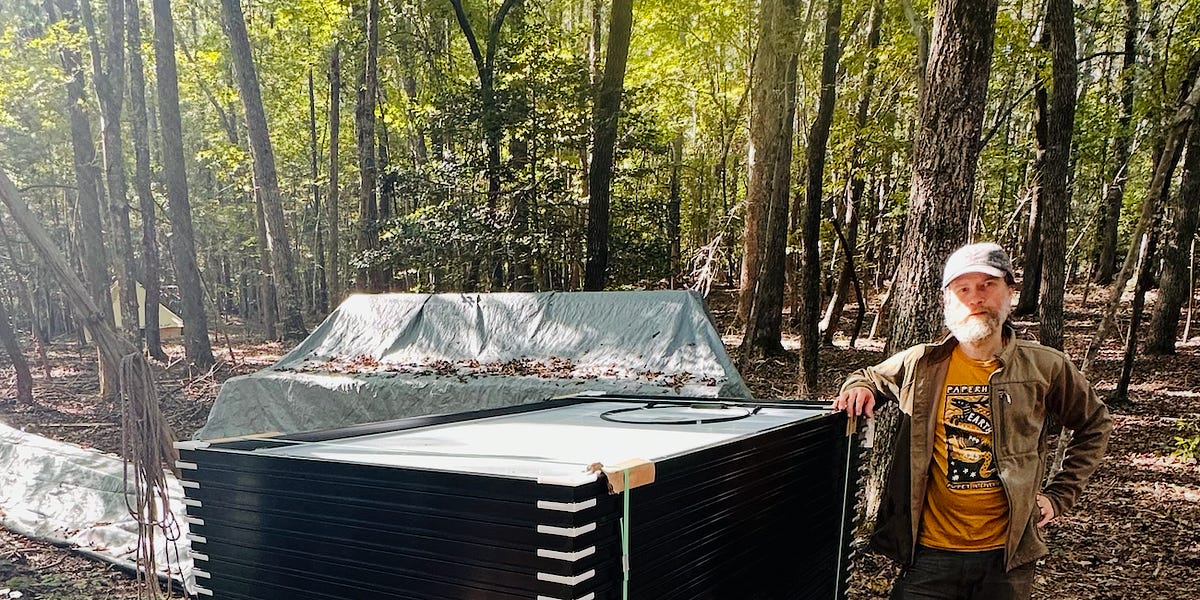
All the electricity you'll need for 40+ years
We (well, my partner Jesse) bought a pallet of solar panels. Guaranteed to still have 90% of their capacity in 40 years 1 , they’ll cover all our household energy needs—powering our kitchen, heating our water, charging our electric car 2 — for the rest of our lives.
And while our battery system to store our solar energy will need to be replaced sooner than our panels—in about 10-20 years—the total cost will average out to about $82.75/month for all our energy needs.
It feels good to lower our cost of living and be independent from the grid 3 , a grid still largely dependent on fossil fuels. And it’s more than just a personal win—it positions us to help others when the grid is down (just last month, 4.7 million people were without power after hurricane Helene).
Growing up in the US in the early 2000s, I felt alien to my own species that seemed unable to understand that we depend on the environment and should. not. destroy. it. Back then, renewables were for a fringe group of hippies, auto manufacturers' only innovation was increasing the size of gas guzzlers, and the government seemed to only intervene on behalf of corporations destroying the environment.

